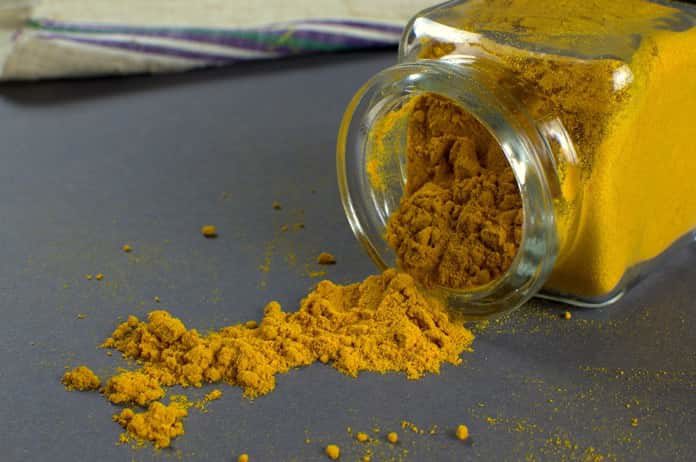Multiple sclerosis (MS) characterizations is one severe chronic inflammation affecting the nervous system.1
Curcumin is a well-known herb that has anti-inflammatory and antioxidant properties.2
It is for these reasons that researchers from Pakistan and Saudi Arabia reviewed the literature about whether curcumin benefits multiple sclerosis patients.
What is multiple sclerosis?
Multiple sclerosis is a serious autoimmune disease and neurological disorder with severe symptoms affecting the quality of life.
The causes of MS are not fully understood, but there appear to be genetic and environmental factors that influence its onset.
In MS, an abnormal immune response attacks the fatty coating (myelin) that surrounds nerve fibres.
The condition also attacks the nerve fibres themselves leading to symptoms such as blindness, muscle weakness, and problems with coordination.
These neurological symptoms often remain even when the disease is no longer progressing.
Although there are some therapies for MS, many of these come at a significant cost, both financially and in terms of toxicity and adverse reactions.
As a result, scientists are on the lookout for new potential therapies.
What is curcumin?
Medicinal plants have been used in traditional medicine and as a starting point for modern biomedical treatments.
Curcumin, also known as turmeric, is often used as an herbal supplement as other sources do not provide enough of the active ingredients, nor are they absorbed as well as needed for benefits.
One of the factors influencing MS progression is oxidation or free radicals; curcumin acts as an antioxidant.
Further, curcumin can reduce inflammation by inhibiting many of the enzymes and factors that lead to the activation of immune responses and inflammation.
In addition to these direct effects on inflammation, curcumin can reduce cell death,2 although the way in which it does this is not well-understood.
A need for a curcumin delivery system
Although curcumin has potential benefits for the treatment of MS, it is difficult to turn it into a medication.
It is not easily available to the body once consumed, it is chemically unstable and is difficult for the body to absorb.
Future research will improve our understanding of curcumin’s effects, and how to turn these known benefits into usable therapies.
Reference
- Stadelmann C, Wegner C, Bruck W. Inflammation, demyelination, and degeneration – Recent insights from MS pathology. Biochimica et Biophysica Acta (BBA) – Molecular Basis of Disease. July 15, 2010. https://doi.org/10.1016/j.bbadis.2010.07.007
- Peng Y, Ao M, Dong B, et al. Anti-inflammatory effects of curcumin in the inflammatory diseases: Status, limitations and countermeasures. Drug Des Devel Ther. 2021;15:4503-4525. Published 2021 Nov 2. doi:10.2147/DDDT.S327378
- Qureshi M, Al-Suhaimi EA, Wahid F, Shehzad O, Shehzad A. Therapeutic potential of curcumin for multiple sclerosis. Neurol Sci. 2018;39(2):207-214. doi:10.1007/s10072-017-3149-5



